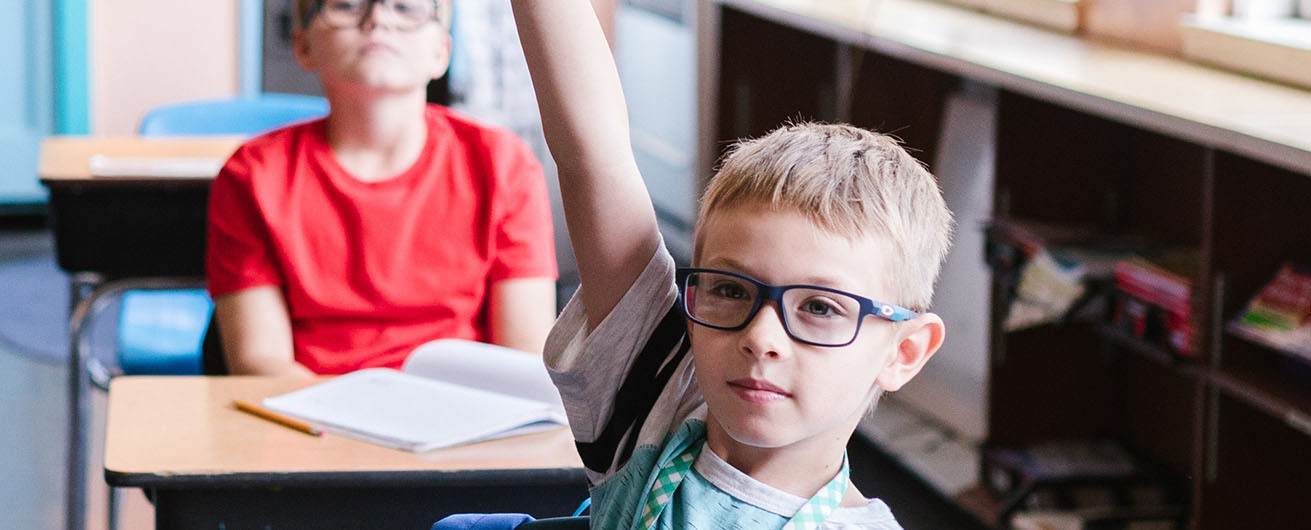1.1K
Downloads
5
Episodes
Sharing a family meal every day is a powerful antidote to drug and alcohol abuse and addiction.This podcast explores how different families engage around challenging subjects. We host the conversation at a local restaurant partner, led by our Program Director Theresa Bairos, LMFT. Join us!

EPISODE 2
Teaching Children Self-advocacy
By Stephen Kaplan
I was always a very good student who always got good grades… well, except for maybe once. When I was in 6th grade, I had an English teacher that was all about “whipping us into grammatical shape” after our elementary years of creative written expression. My first paper for her earned me a D minus. I came home from school bawling to my mom, “I’m quitting school; I can’t handle 6th grade!”
My mom assured me that, no, I wouldn’t be quitting school– it’s not an option for a 12-year-old, and so knowing that I would either accept the grade I got or I would need to go back and talk to my teacher about what I would need to do to improve for next time. I responded to my mom, “But I can’t talk to her; she’s so MEAN!” To which my mom responded, “Those are your two choices; there is nothing else.”
So with a little role-playing and coaching from my mom in preparation for my big conversation, I went in to talk to my teacher about my paper. Barely holding back tears, I just made it through the conversation, but I got two very important things by the end.
The first was that I did get feedback that helped me improve, and I developed some new strategies to help me proofread my papers in the future to avoid the pitfalls I had hit on my first try. More importantly, though, I developed the skill to assert myself in a positive way to ask for help when I needed it, and it was the kind of help that helped me develop a new skill I could use moving forward.
Too often, youth are scared to speak up if they’re having problems; this is especially true during early adolescence when their developing brains create a rocky time as they work to evaluate their social environment. This is why students at this age think they’re the ONLY ones going through something or that all eyes are on their flaws when in actuality, most other people aren’t giving much thought at all to or about them.
What my mom and my teacher offered me was an opportunity to break through some of that distorted thinking I was having as my typical adolescent brain was working its warped magic, and it paid dividends for me moving forward as I had the opportunity to practice asserting myself and asking for help.
This skill is important across domains. When we think about the stigma around mental health and substance use, it’s doubly important that youth are both assertive and able to ask for help. It’s important for parents and educators that we nurture these skills in our youth in other contexts so that they can apply them when it really matters. We can do this by being a listening ear without judgment…
It’s better if teens are coming to us than going to other teens whose developmental brains are also swirling in unhelpful ways. And when they come to us, we apply that listening ear without judgment and allow youth to choose to take our advice or not. When we offer it as what you could do instead of what you should do, it helps them develop that all-important agency. Remember, too, that even if they don’t take advice or feedback right away, they may come back later; it’s important to leave the door open.
